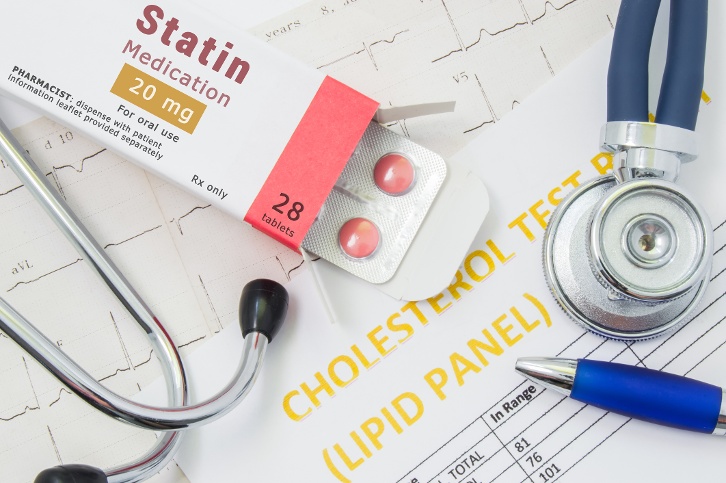Human papillomavirus (HPV) is the most common sexually transmitted infection and can lead to serious diseases, such as cervical cancer, penile cancer and oropharynx cancer. The CDC estimates that more than 79 million people in the U.S., most in their late teens to early 20s, are living with HPV. Most people with HPV do not exhibit any symptoms so it is difficult to know if you or your partner have come into contact with the virus.
Read More
We’ve seen the headlines and have heard the rumors, but what are the facts when it comes to the connection of deodorant and antiperspirant to breast cancer? Should you be concerned? And if there is no connection to deodorant/antiperspirant and breast cancer, how did this myth get started?
Read More
Although most people may not enjoy discussing their stomach problems to their friends or family, it is important to be transparent about these issues to your doctor, as you are definitely not alone. In fact, according to the CDC, there are more than 22.4 million visits to the doctor for diseases of the digestive system as the primary diagnosis each year.
Read More
It’s a fact: Every 40 seconds, someone in the United States has a heart attack. Experiencing chest pains, a rapid heartbeat and a numbness or tingling sensation should not be taken lightly.
Read More
If you’re one of the 29 million American adults living with high cholesterol, you may be wondering what steps to take to reduce these levels and live a healthier life. While cholesterol is necessary for some important functions in your body, consuming too much of it can have many harmful side effects. Having high cholesterol levels, specifically low-density lipoprotein (LDL) cholesterol, can put you at risk for health complications and diseases, such as coronary heart disease, stroke, peripheral vascular disease and diabetes. Fortunately, there are lifestyle changes you can make to reduce LDL cholesterol and take control of your health.
Read More
Migraines are extraordinarily common; the Migraine Research Foundation states that nearly 1 in 4 U.S. households have a family member who has suffered from a migraine before. Moreover, approximately 12% of the population suffers from migraines. The truth is, a migraine is much more than just a bad headache; it is actually a neurological disease that can be extremely debilitating and disruptive to your life.
Read More
Did you know that diabetes and kidney disease are often connected? In fact, 1 in 3 people in the U.S. living with diabetes is also diagnosed with kidney disease. Diabetes is considered one of the biggest factors for increasing your risk of developing kidney disease. Over time, high blood sugar can damage the blood vessels in the kidneys. As a result, kidneys can become damaged and not perform necessary bodily functions as efficiently. Your kidneys remove wastes and excess fluids from your body; when they become damaged, these wastes can accumulate and eventually harm other organs in your body. This is also known as Diabetic Kidney Disease (DKD).
Read More
It’s an alarming statistic: The Centers for Disease Control estimates that approximately six in ten adults in the U.S. are living with a chronic disease and four in ten adults have two or more chronic diseases, including heart disease, diabetes and cancer. Discovering the presence of a chronic disease is key to treating it in its early stages when positive outcomes are more favorable, which is why making an annual physical exam is important for delivering preventative health services and detecting problems before they start.
Read More
Antibody testing, also referred to as serology testing, can determine if a patient has produced an immune response to the COVID-19 virus. If you’ve gotten sick in the last few months since the emergence of COVID-19, you may be left wondering if you had the virus at one point or another. In addition, the virus can be asymptomatic (meaning the virus produces no symptoms) in some individuals, so you may have been previously infected without knowing. COVID-19 antibody testing can help answer some of these questions for you and your family.
Read More
In the United States, approximately 54 million people, or about 23% of the total population, have some form of arthritis. While it’s normal to have an occasional ache or tenderness in your body, living with chronic pain in your joints is not. If left untreated, pain due to arthritis can be debilitating because it can limit your mobility and get in the way of your everyday life.
Read More










